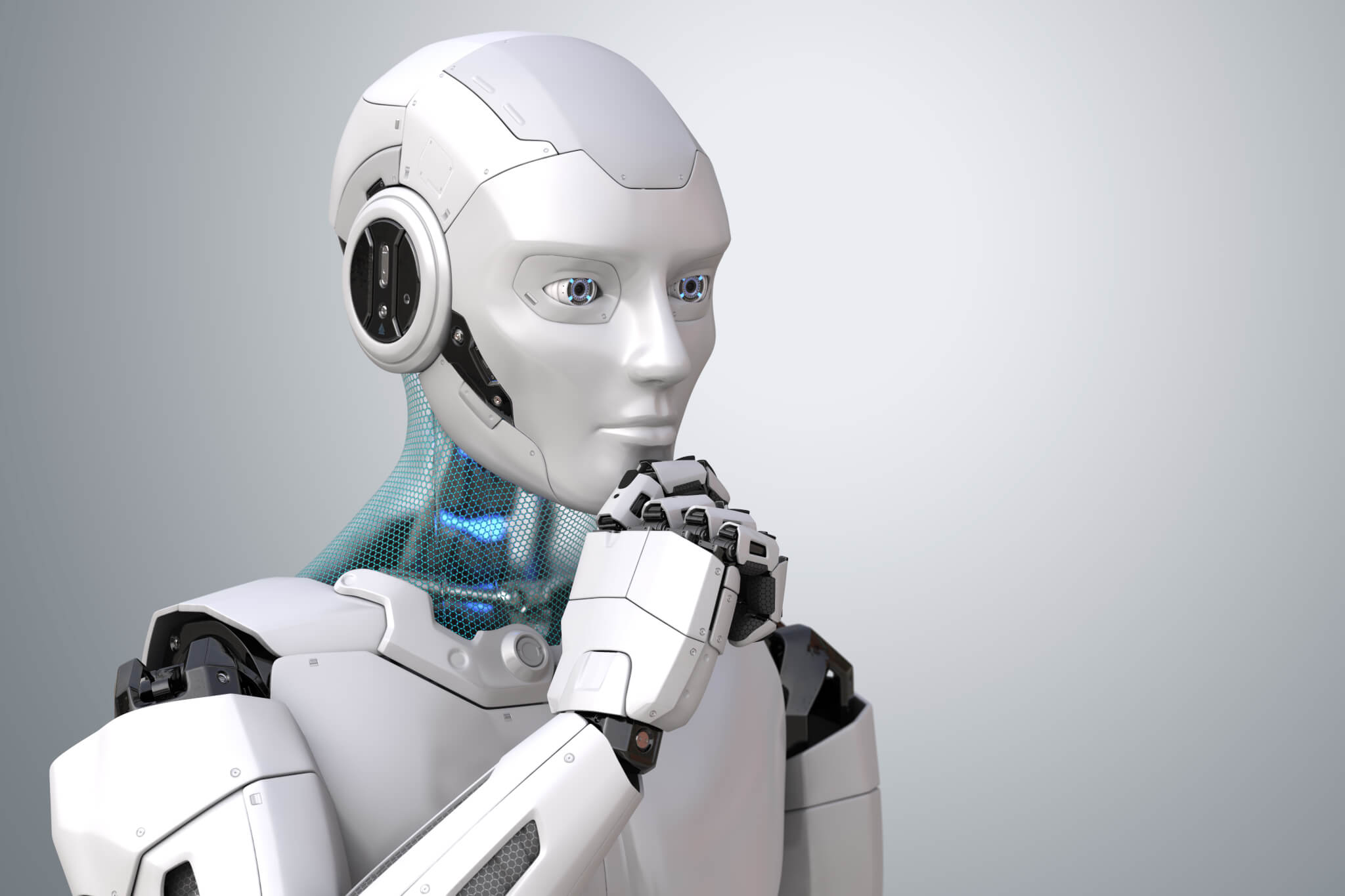As technology advances and robotic capabilities expand, the possibilities of what robots can do to help humans become more tangible. From mundane tasks like household chores and lawn mowing to more specialized applications such as medical care and industrial automation, robots can perform various tasks that used to be taxing on both physical and mental energy. So how exactly can robots assist humans?
This article will explore current examples of how robotics can make our lives easier and safer. We’ll also discuss potential future uses for robots in areas related to health care, transportation, recreational activities, and much more. By further developing robot-human relationships now, we open up possibilities for an even better tomorrow.
How Robots Are Currently Helping Humans
Robots have become increasingly prominent in our society, slowly transforming not only the way we live but also the way we work. By automating production lines, we can now complete tasks with much more speed, accuracy, precision, and efficiency without the risk of error. Robots are currently being implemented worldwide in everything from manufacturing to healthcare, aiding us with complex operations ranging from creating car parts to providing necessary medical procedures.
The introduction of robots into our lives has enabled humans to explore new frontiers, achieve higher productivity levels, and reduce waste and energy expenditure – that’s something no human could ever do on its own. As technology advances and AI becomes even more integrated into everyday life, robots may play an even more significant role in helping us to revolutionize healthcare systems across the globe.
The Benefits Of Having Robots Help With Tasks In The Future
Robots can already be seen helping humans in various tasks such as medical surgery, industrial automation, and household chores. As we move forward, robotics technology is set to have an even more significant impact on our lives.
Healthcare is one of the most critical areas where robots are likely to benefit humanity. Robotics technology has been developed to aid surgeons with complex operations and monitor patients’ health on an ongoing basis. Robots can also assist medical professionals in diagnosing diseases, leading to earlier detection and treatment, which could reduce mortality rates significantly.
Combined with AI algorithms that sift through large amounts of data quickly, robots can help us identify illness patterns sooner than ever, ultimately providing faster care for people suffering from chronic conditions.
Robots do not take a break, so they can help around the clock to assist with everyday tasks such as shopping, cleaning, and cooking to free up more of our time for leisure activities or work-related endeavors.
How To Program A Robot To Assist You With Tasks
To get the most out of robots, it is essential to understand how they work and how they can be programmed. Generally speaking, a robot consists of two main components: hardware and software. The hardware includes the mechanical parts that make the robot move, while the software dictates how it will behave when given instructions.
Robots can be programmed to carry out various tasks such as navigation, object recognition, and manipulation. Programming robots involves setting up the initial parameters in which they will operate as well as writing code that employs algorithms and other instructions to control their actions. Depending on the complexity of the task, programming can take a few minutes to hours or even days.
Understanding how robots work can create more sophisticated and efficient robot-human relationships. As technology develops, so will the potential for robots to assist us with everyday tasks – enabling us to achieve ever more incredible feats.
The Future Of Robotics And How They Will Help Humans Even More
While robots are already proving to be of great help to us, the potential for more complex tasks is immense. As technology develops, we can program robots to carry out more advanced operations with even greater precision and accuracy.
In the future, robots could potentially assist humans in almost any task – from disaster relief and search-and-rescue missions to an exploration of extreme environments or even operating in space. The possibilities are endless.
Not only could robots be used for practical purposes, but they could also provide emotional support and companionship. AI-powered robots can already interact with humans as if they were real people – providing advice and comfort when needed.
Ways That You Can Use Robotics In Your Everyday Life
Robots are often thought of as something that only large corporations or governments use, but they can also be used in everyday life. Robots can make daily life easier, from educational robots that help children understand more complex concepts to robotic vacuum cleaners and lawnmowers.
In addition, robots can assist us with mundane tasks such as grocery shopping, picking up take-out meals, and even providing entertainment. For example, social robots such as Alexa and Siri can provide us with music, information, and other services – making our lives more convenient.

